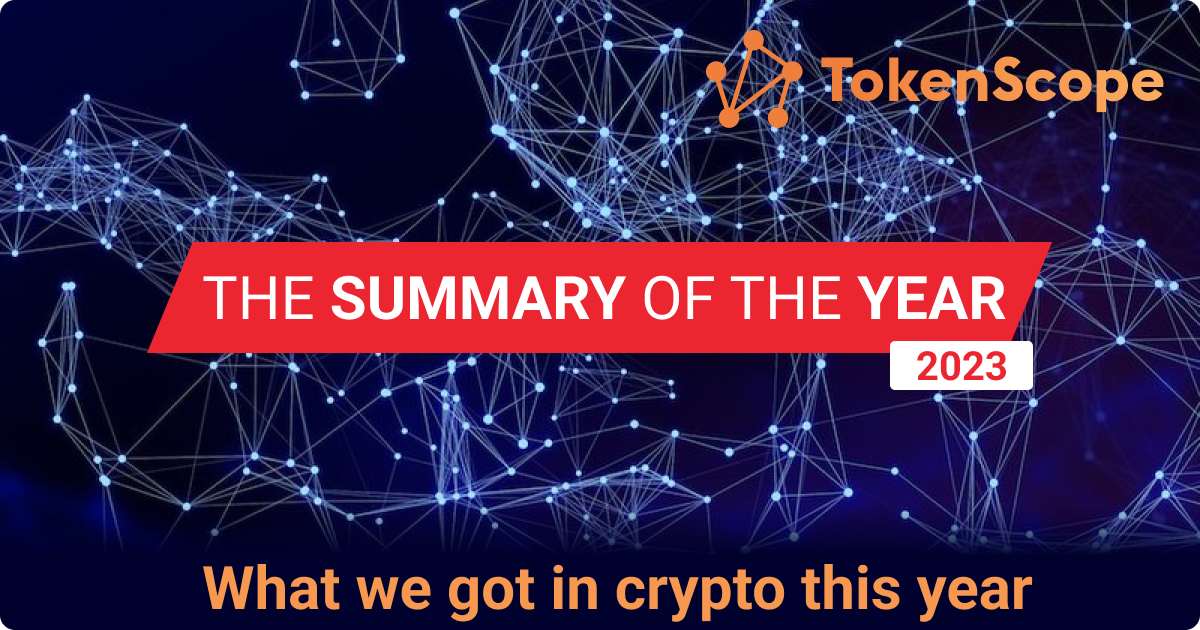Crypto regulation in the world: weekly digest #75

USA
The U.S. Securities and Exchange Commission (SEC) denied Coinbase's petition for rulemaking on cryptocurrencies. SEC Chairman Gary Gensler announced the commission’s decision on December 15, 2023, stating three reasons for the denial.
First, Gensler argued that existing laws and regulations apply to the crypto securities markets. Second, he mentioned that the SEC addresses the crypto securities markets through rulemaking as well. Finally, Gensler stated that the SEC thoughtfully considers the timing and priorities of its regulatory agenda and how to best utilize its resources, implying that the timing for the rulemaking proposed by Coinbase was not right.
Coinbase had filed the petition in July 2022, seeking «rules to govern the regulation of securities that are offered and traded via including potential rules to identify which digital assets are securities». The petition argued that existing rules, unchanged, do not achieve the goals of the SEC when applied to digital asset securities and that a new regulatory framework is needed to ensure that the SEC can effectively regulate the crypto space.
Key Points of the Petition:
-
Transparent and collaborative process: Coinbase sought a direct engagement with the SEC to provide clarity and certainty regarding the regulatory treatment of digital assets.
-
New regulatory framework: The petition argued that existing rules do not work for digital assets, such as tokenized debt, equity, and crypto, and that a new framework is needed.
-
Rulemaking authority: Coinbase argued that the SEC has the discretion to determine the timing and priorities of its regulatory agenda and that it should use its authority to provide a clear regulatory framework for digital assets.
In response to the denial, Coinbase's chief legal officer, Paul Grewal, stated, «After 18 months of silence, we went to court to get the response the law requires. With appreciation for the Third Circuit, later today we'll again seek its help by challenging the SEC’s abdication of its duty».
This denial is part of an ongoing legal battle between Coinbase and the SEC. Coinbase had previously sued the SEC in April 2023 to demand regulatory clarity on crypto, and the SEC had denied answering Coinbase's petition twice before ultimately denying its petition for rulemaking.
The EU
The European Parliament and European Council provisionally agreed on the establishment of the Anti-Money Laundering Authority (AMLA) on December 13, 2023. The AMLA will be the EU's money laundering watchdog, ensuring effective enforcement of the EU's AML/CFT framework. The proposal on the establishment of AMLA was initially tabled by the European Commission on July 20, 2021.
The location of the new governing body is still under negotiation, with nine Member States submitting applications to host the authority. However, AMLA will have a General Board comprising representatives of Financial Intelligence Units (FIUs) from all EU Member States and an Executive Board, which will be the ultimate governing body of the Authority.
AMLA will have the power to review reporting from staff within national authorities and directly supervise certain types of credit and financial institutions, including crypto. It’s main priorities are to ensure effective implementation of the existing EU AML/CFT framework, establish an EU single rulebook on AML/CFT, bring about EU-level AML/CFT supervision, establish a support and cooperation mechanism for FIUs, enforce EU-level criminal law provisions, and improve information exchange.
The AMLA is expected to strengthen common supervisory approaches for non-selected obliged entities and facilitate joint AML investigations. Firms should expect greater consistency across the EU and more detailed rules on customer due diligence, beneficial ownership, and the powers and tasks of supervisors and FIUs.
El Salvador
El Salvador's Bitcoin «Volcano Bond» has received regulatory approval from the Digital Assets Commission (CNAD) and is expected to be issued during the first quarter of 2024. The bond is part of President Nayib Bukele's plans to build his «Bitcoin City» and invest in Bitcoin itself. The $1 billion bonds are named after a plan to use geothermal energy from a volcano to power Bitcoin mining. The bonds are denominated in dollars, but El Salvador plans to allocate half of the proceeds to infrastructure, such as volcano-powered, hence the name.
The bonds were initially planned for March 2022 but had to be postponed several times due to the bitcoin bear market. The bond issuance had to be postponed several times, mostly due to last year's brutal bitcoin bear market. The bonds are expected to have a maturity date in January 2032 and an annual interest rate of 6.
News from other countries:
-
The FASB issued ASU 2023-08,1 which addresses the accounting and disclosure requirements for certain crypto assets. The new guidance requires entities to subsequently measure certain crypto assets at fair value, with changes in fair value recorded in net income in each reporting period.
-
DWS Group, a Deutsche Bank’s subsidiary, Dutch market maker Flow Traders Ltd. and crypto fund manager Galaxy Digital Holdings Ltd. are planning to form a company to issue an euro-denominated stablecoin. It will be the second regulated stablecoin to be issued in Europe, following Societe Generale's EURCV.




